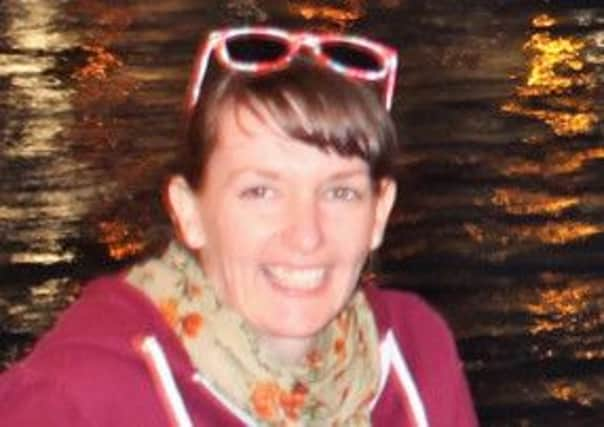Scottish Ebola nurse facing lengthy fight for life


In a statement, the family said: “Pauline continues to be in a critical condition at the Royal Free Hospital.
“[Her] condition could remain the same for some time and we would again ask for her and our privacy to be respected.”
Advertisement
Hide AdAdvertisement
Hide AdMs Cafferkey was diagnosed with the virus following her return to Glasgow from Sierra Leone where she had been a volunteer with Save the Children at an Ebola treatment centre in Kerry Town.
Officials from Public Health England and Health Protection Scotland are reviewing the UK’s screening procedures for Ebola after it emerged she had been cleared to fly from London to Glasgow despite her temperature being checked seven times after landing at Heathrow.
The 39-year-old nurse, from Cambuslang, Lanarkshire, was admitted to an isolation facility at Glasgow’s Gartnavel Hospital on 29 December.
After a blood sample tested positive for Ebola, she was transferred by military plane to the Royal Free next day. Her condition deteriorated and remains critical.
Save the Children has launched an investigation into how she was infected but admits it may never establish the exact circumstances.
Health Secretary Jeremy Hunt said Ms Cafferkey, who works as a community nurse in Blantyre, South Lanarkshire, “continues to receive the best possible care”.
Her diagnosis has brought fresh scrutiny of the UK’s preparedness for Ebola, which can only be contracted by coming into contact with the bodily fluids of an infected person.
Mr Hunt said guidance has been strengthened to ensure anyone from a high-risk group who feels unwell is reassessed and advice is sought immediately from an infectious diseases specialist.
Advertisement
Hide AdAdvertisement
Hide AdMeanwhile, former Tory Cabinet minister Lord Fowler has called for an inquiry to look at cutting back on the number of African doctors working outside Africa, in Europe, America and the Middle East.
He said the large number involved hampered efforts to tackle diseases such as Ebola in Africa, because expertise was being “exported” to the West.
Lord Fowler said there should not be a ban on western countries employing Africa-trained staff, but it should be a two-way process.
Introducing a debate on the Ebola epidemic in the Lords, he said around 600 NHS staff had received their primary medical qualification in Sierra Leone, which is at the centre of the Ebola outbreak.
“That is small in our terms but absolutely massive in terms of Sierra Leone,” he said. “Relatively few return and I do not claim it is going to be easy to reverse that trend.
“What we should be aiming at is to have a situation where there is inward immigration but also outward immigration as well – a two-part thing.”